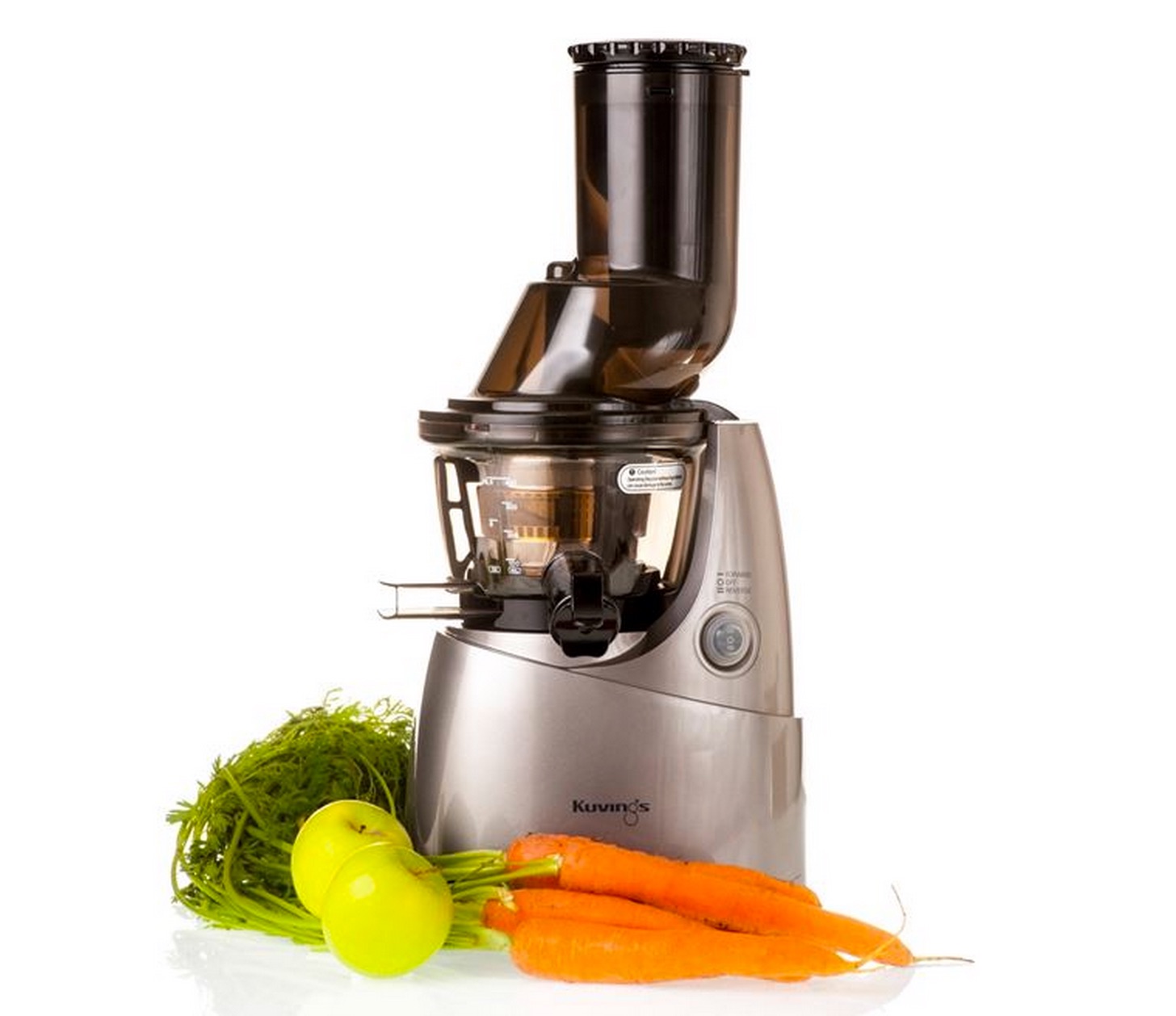If you’re looking to make healthy and delicious juices at home, you may have considered getting a slow juicer. But you may be wondering, are slow juicers actually slow? In this article, we’ll explore the pros and cons of slow juicers, and help you decide if they are right for you. So, let’s dive right in and find out if slow juicers are indeed slow.
language.
Are Slow Juicers Slow?
Slow juicers are a popular choice for those who want fresh and nutritious juice. Many health-conscious individuals and families are turning to these machines to make their own juices instead of buying them from the store. But are they really slow?
The answer is both yes and no. Slow juicers are designed to extract more nutrition from the fruits and vegetables they process. This means that they require more time and effort to do so than regular juicers. However, the resulting juice is much richer in nutrients and flavor than the average store-bought juice.
Benefits of Slow Juicing
One of the biggest benefits of slow juicing is the improved nutrition. Slow juicers are able to extract more vitamins, minerals, and other nutrients from fruits and vegetables than regular juicers. This means that the juice you make is much healthier and more nutrient-dense than store-bought juices.
Another benefit of slow juicing is that it produces a higher quality juice. Slow juicers are able to extract more flavor from the fruits and vegetables, producing a richer, more flavorful juice than regular juicers.
Finally, slow juicers are more efficient in terms of energy and time. Slow juicers are designed to extract more juice in less time than regular juicers, which means you can make your juice faster and with less effort.
How Slow Juicers Work
Slow juicers work by using a slow-moving auger to extract the juice from the fruits and vegetables. The auger slowly crushes the produce, releasing its juices. This process takes longer than regular juicers, but it ensures that more of the nutritional content is preserved.
The slow-moving auger also helps to reduce the amount of oxidation that takes place. Oxidation is the process by which oxygen breaks down the nutrients in the juice, thus reducing its nutritional value. By slowing down the process, less oxidation takes place, resulting in a fresher, more nutritious juice.
What Types of Juicers are Available?
There are two main types of slow juicers available: masticating and centrifugal. Masticating juicers are the most popular type of slow juicer. They use a slow-moving auger to extract the juice from the fruits and vegetables. They are the most efficient type of slow juicer, producing a higher quality juice with less oxidation.
Centrifugal juicers are the second type of slow juicer. They use a spinning blade to extract the juice from the produce. This type of juicer is less efficient than masticating juicers, producing a lower quality juice with more oxidation. However, they are much faster and more affordable than masticating juicers.
Cleaning and Maintenance
Cleaning and maintenance are important aspects of owning any type of juicer. Slow juicers require more frequent cleaning and maintenance than regular juicers because of the slow-moving auger. Regular cleaning and maintenance can help to ensure that your slow juicer is functioning properly and producing the best quality juice.
It is important to read the manufacturer’s manual for your slow juicer before attempting to clean or maintain it. Cleaning and maintaining your slow juicer is an essential part of ensuring that it lasts for many years and produces the highest quality juice possible.
Conclusion
Overall, slow juicers are an excellent choice for those who want fresh and nutritious juice. They are able to extract more vitamins, minerals, and other nutrients from fruits and vegetables than regular juicers, resulting in a higher quality juice. They also require less energy and time to produce the juice, making them more efficient than regular juicers. However, they require more frequent cleaning and maintenance than regular juicers.
Frequently Asked Questions
Are Slow Juicers Slow?
Answer: Slow juicers are not slow in the traditional sense of the word. They take longer to produce juice than traditional centrifugal juicers, but this is because they extract more of the juice from the produce. This results in a higher yield of juice and more nutrients being extracted from the produce.
The longer extraction time is also beneficial because it helps to preserve the integrity of the produce, as well as its taste and overall quality. This means that you’ll get a better tasting juice than with a traditional centrifugal juicer. So, while slow juicers may take longer to make juice, their overall performance is superior.
Centrifugal(fast) vs Masticating (slow) | Which Juicer is better? | Carib Sunsations
In conclusion, slow juicers are not necessarily slow. They are a great option for those who are looking for a healthier alternative to store bought juices, as they allow for more nutrients to remain in the juice. Additionally, slow juicers are a great option for those who want to save time and money. They are a great investment for those who want to enjoy fresh, nutrient-rich juice on a regular basis.



